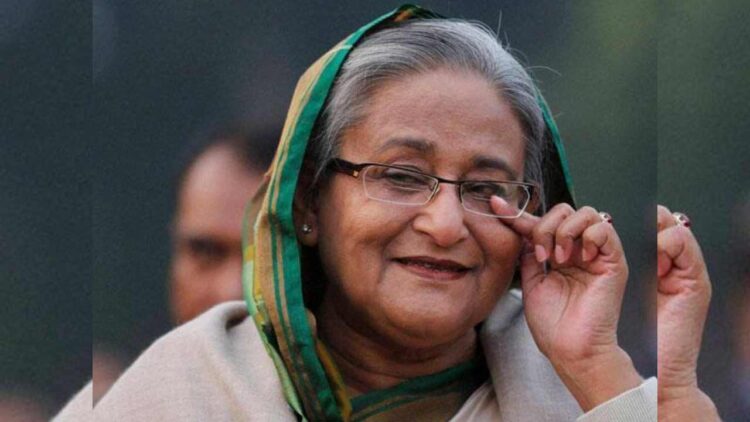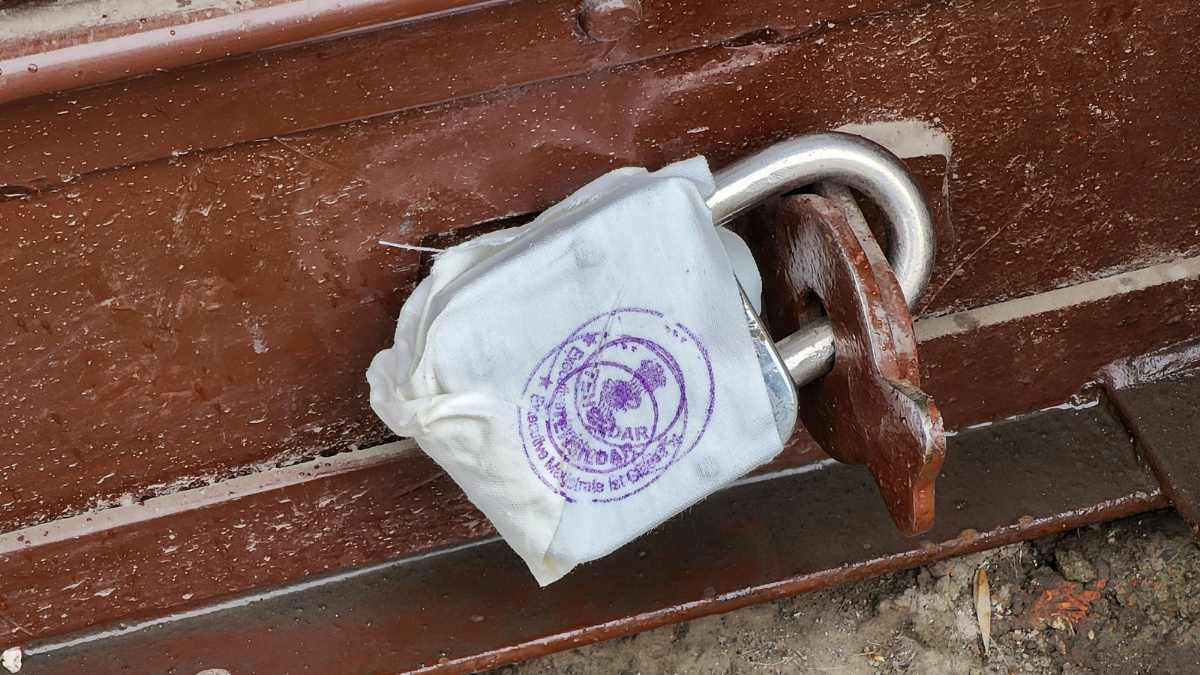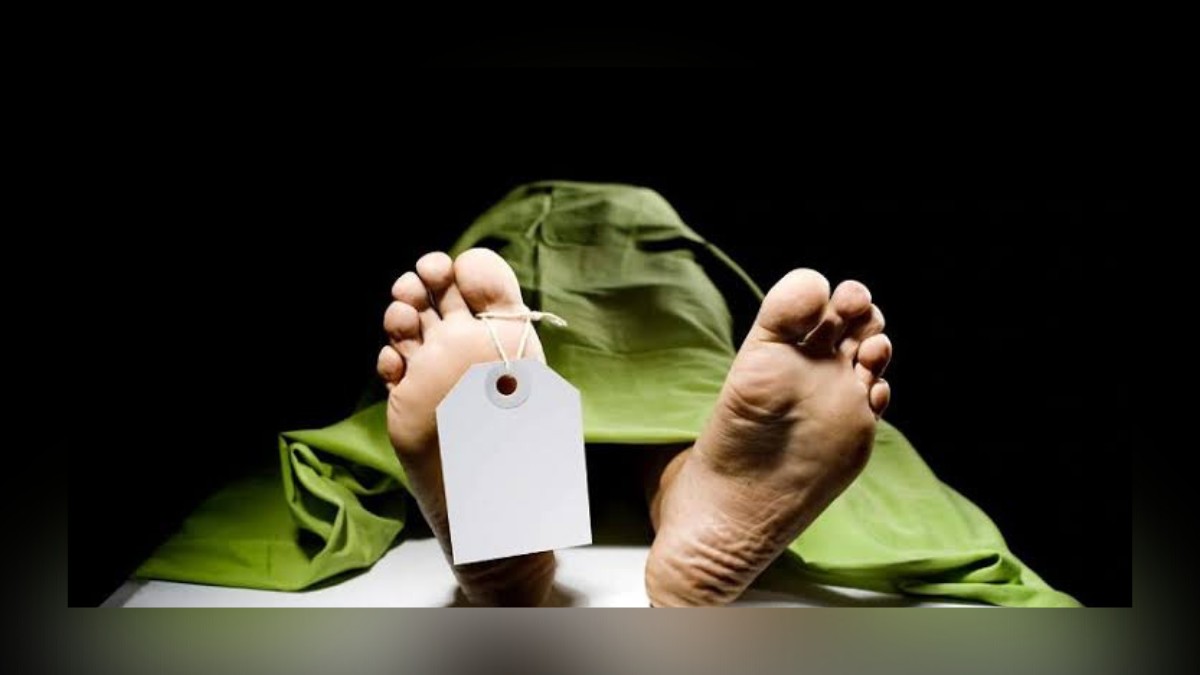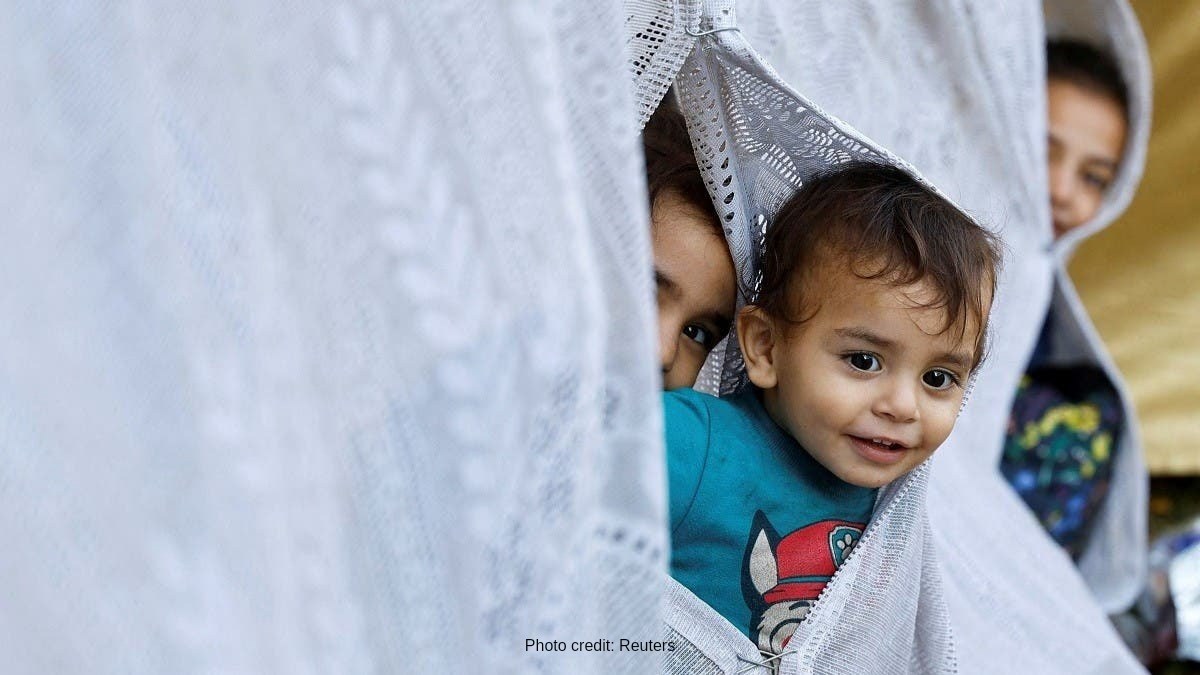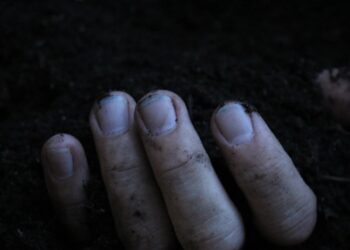Dhaka, Nov 17: Bangladesh’s International Crimes Tribunal on Monday convicted ousted former Prime Minister Sheikh Hasina of crimes against humanity, handing down the death penalty in a landmark verdict linked to last year’s violent student-led uprising that toppled her government.
Delivering the judgment before a packed courtroom, also broadcast live nationwide, Justice Golam Mortuza Mozumder said all elements constituting crimes against humanity had been “proven beyond doubt,” with Hasina found guilty on three major counts.
ALSO READ: 42 Umrah Pilgrims From India Feared Dead in Saudi Arabia Bus–Tanker Collision
Hasina, 78, was tried in absentia, having ignored repeated court summons to return from India, where she has lived since her ouster in August 2024 following a massive anti-discrimination movement.
Charges and Findings
The Tribunal ruled that Hasina:
Incited violence and failed to prevent killings during the July–August unrest (Charge 1)
Ordered the use of drones, helicopters, and lethal weapons against protesters (Charge 2)
Committed additional acts amounting to crimes against humanity, including multiple deaths and disappearances across Dhaka, Ashulia, Rangpur and Chankharpul
Prosecutors had sought the death penalty for Hasina and former Home Minister Asaduzzaman Khan Kamal, who is also absconding. Former police chief Chowdhury Abdullah Al-Mamun, the only accused present in court, had pleaded guilty earlier and testified as a state witness.
Nation on Edge Ahead of Verdict
The verdict came amid a sweeping security clampdown across Bangladesh.
Police fired stun grenades to disperse protesters near Dhanmondi 32, the home of Hasina’s father, Sheikh Mujibur Rahman.
Soldiers were deployed across Dhaka, with curfew-like restrictions in several zones.
Authorities installed more than nine checkpoints at major entry points to the capital, while 26 mobile teams patrolled sensitive districts.
Dhaka Police had earlier issued a “shoot-on-sight” order against anyone attempting arson or bomb attacks, after more than 50 incidents of crude blasts were reported nationwide in the past week.
Government Denies Political Vendetta
The interim administration led by Nobel laureate Muhammad Yunus dismissed allegations of a politically motivated trial.
“The court functioned transparently, allowing observers and publishing regular documentation,” officials told Al Jazeera.
Reactions and Arrests
At least 21 Awami League leaders and activists were arrested across Narayanganj in the last 36 hours for protesting against the trial.
Families of victims of last year’s unrest welcomed the verdict.
“The people gave their verdict on August 5, now the court has done so,” said Mir Mahbubur Rahman Snigdh, whose brother was killed in the student uprising.
Hasina, in interviews prior to the verdict, dismissed the charges as false.
“Allah gave life, He will take it,” she told NDTV, adding that she was “grateful to India” for sheltering her.
Background: The July Uprising
The 2024 student-led agitation spiraled into one of the deadliest political crises in Bangladesh’s history.
A UN rights office report estimated up to 1,400 deaths between July 15 and August 15.
Bangladesh’s interim government health adviser said more than 800 were killed and 14,000 injured.
The uprising forced Hasina to flee and ended her nearly 15-year uninterrupted rule.


